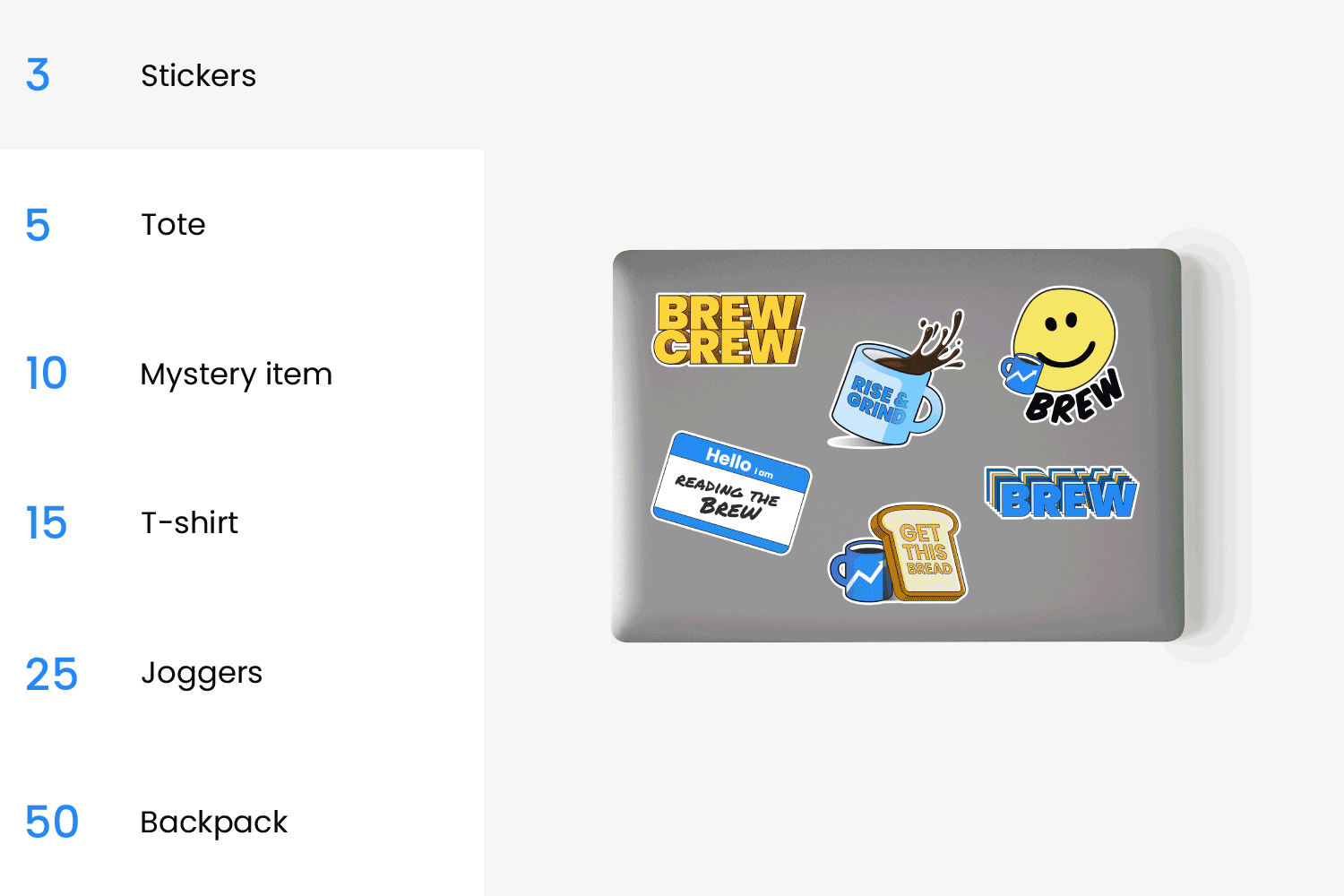|
After a surge during the pandemic, the business of grocery delivery has gone a little bit rotten in the past two years, from rapid delivery shutdowns to meal-kit company layoffs, but AI-powered grocery delivery company Hungryroot has managed to remain fresh—and even profitable.
Last year was a “pivotal” one for the company, founder, chair, and CEO Ben McKean told Retail Brew. The company secured $333 million in revenue for the full year, up 40% YoY, and made over $9 million in profit—a somewhat rare feat in the grocery and meal delivery business.
Hungryroot began in 2015 as an e-commerce CPG company offering its own food products. In 2019, it made what McKean called a “key pivot” to an AI-driven model to become a grocery and recipe service, adding third-party brands. Hungryroot customers fill out an onboarding quiz regarding factors like health objectives and dietary restrictions, and the company fills out a shopping cart for them each week tailored to different recipes, with both name-brand and private-label items that they can then edit.
The company has found success by doing things a little bit differently than others in the category, and McKean broke down a few strategies that have led to its success.
Keep reading here.—EC
|










